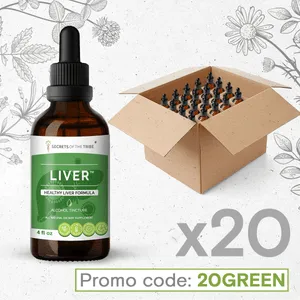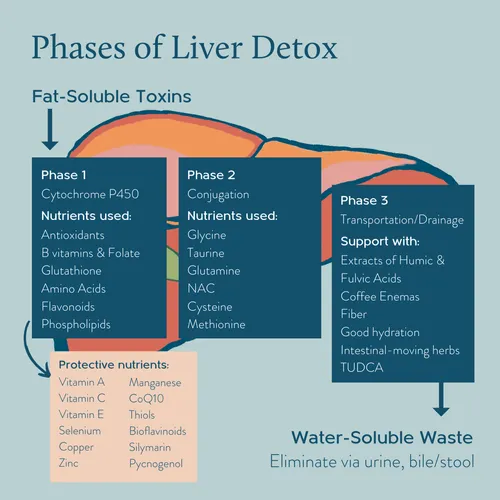The liver plays a crucial role in our overall health and well-being. It is responsible for detoxifying the body, metabolizing nutrients, and aiding in the digestion process. When the liver is not functioning properly, it can lead to a host of health issues, including weight gain and difficulty losing excess fat. In this article, we will unlock the secrets to a healthy liver and fat loss, and provide you with tips on how to support your liver health and achieve your weight loss goals.
Understanding the Liver and its Functions
The liver is the largest internal organ in the body and is located in the upper right side of the abdomen. It is responsible for performing over 500 essential functions, including:
– Detoxifying harmful substances, such as alcohol and medications
– Metabolizing fats, proteins, and carbohydrates
– Producing bile, which aids in digestion
– Storing essential nutrients, such as vitamins and minerals
– Regulating blood sugar levels
– Producing proteins that help with blood clotting
When the liver is not functioning properly, it can lead to a variety of health issues, including liver disease, fatty liver disease, and weight gain. To support your liver health and promote fat loss, it is important to adopt healthy lifestyle habits and make dietary changes.
Tips for a Healthy Liver and Fat Loss
1. Eat a balanced diet: Consuming a diet rich in fruits, vegetables, whole grains, and lean proteins can help support liver health and promote weight loss. Avoiding processed foods, sugary drinks, and excessive amounts of alcohol is also important for maintaining a healthy liver.
2. Stay hydrated: Drinking plenty of water throughout the day helps support liver function and aids in the detoxification process. Aim to drink at least eight glasses of water a day to stay hydrated and support your liver health.
3. Exercise regularly: Regular physical activity is essential for maintaining a healthy weight and supporting liver health. Aim to engage in at least 30 minutes of moderate-intensity exercise most days of the week to support fat loss and promote overall well-being.
4. Limit alcohol consumption: Excessive alcohol consumption can be harmful to the liver and can lead to fatty liver disease. Limiting alcohol intake to moderate levels can help support liver health and promote fat loss.
5. Get plenty of sleep: Adequate sleep is essential for overall health and well-being, including liver health. Aim to get at least seven to eight hours of sleep each night to support your liver health and promote weight loss.
6. Manage stress: Chronic stress can be harmful to the liver and can lead to weight gain. Engaging in stress-reducing activities, such as meditation, yoga, or deep breathing exercises, can help support liver health and promote fat loss.
7. Consider liver-supporting supplements: Certain supplements, such as milk thistle, turmeric, and dandelion root, have been shown to support liver health and aid in the detoxification process. Consult with a healthcare professional before starting any new supplement regimen.
FAQs
Q: Can a fatty liver lead to weight gain?
A: Yes, fatty liver disease can lead to weight gain, as it can disrupt the liver’s ability to metabolize fats and regulate blood sugar levels. Adopting healthy lifestyle habits and making dietary changes can help support liver health and promote fat loss.
Q: How can I tell if my liver is not functioning properly?
A: Symptoms of liver dysfunction can include fatigue, jaundice (yellowing of the skin and eyes), abdominal pain, and swelling in the abdomen. If you are experiencing any of these symptoms, it is important to consult with a healthcare professional for further evaluation.
Q: Are there any specific foods that are beneficial for liver health?
A: Foods that are rich in antioxidants, such as berries, leafy greens, and nuts, are beneficial for liver health. Additionally, foods that are high in fiber, such as whole grains and legumes, can help support liver function and promote weight loss.
In conclusion, supporting liver health is crucial for promoting fat loss and achieving your weight loss goals. By adopting healthy lifestyle habits, such as eating a balanced diet, staying hydrated, exercising regularly, and managing stress, you can support your liver health and promote fat loss. Consult with a healthcare professional for personalized guidance on how to support your liver health and achieve your weight loss goals.


